Favorite Books & More (2022 Edition)
Written by Brian Jennings, Posted in Blog
I love hearing you tell me how you enjoyed a book I recommended at the end of the year, so we go again.
Man At Arms by Steven Pressfield
Pressfield’s historical fiction wasn’t just my favorite book of the year, it was my favorite book in years. He takes readers into a first century thriller. When Rome orders a feared mercenary to stop the delivery of a “dangerous package,” he sets off on his mission. A defenseless man, boy, and girl carry the package. Can they escape the assassin?
And here’s what took the book from a riveting thriller to a story I can’t get out of my head: the “dangerous package” is a letter from Paul to the church in Corinth – I Corinthians. What can challenge the Empire more than a call to love?
(Side note: I’ve been reading other historical fiction by Pressfield. They are all gripping. If you can’t stomach violence, you might want to steer clear. He’s not gratuitous, but it’s hard to write about what he does without it.)
Lincoln and the Fight for Peace by John Avlon
Many books about Lincoln focus on his efforts to win the Civil War, ending with his assassination. Avlon tells the inspiring story of how Lincoln’s eyes were set on how to win the peace after the war, and how his principles have been proved right throughout history. Lincoln believed the intensity of the fight for peace must rival the intensity of war.
Nelson Mandela, Mahatma Gandhi, and Martin Luther King, Jr. learned from Lincoln in their pursuits of peacemaking and reconciliation. And there’s much for us to still learn today. Written in an 1864 edition of Harper’s Weekly was a familiar-sounding warning: “Factions are the undoing of many nations, party over patriotism.”
Ignoring the pleas of his advisors, Lincoln took a dangerous two-week trip to visit the troops on the front lines. The war was winding down, but danger was everywhere. He even took his young son, seeing combat up close, meeting liberated slaves in the ruins of Richmond, and comforting wounded Union and Confederate soldiers. Both!
Lincoln’s every move was driven by two unmovable principles: 1) The South must totally surrender and free the slaves. 2) The North must then treat them with gentleness and dignity so they could return to the country as fellow citizens.
He balanced moral courage with moderation, often using humor, childhood stories, logic, and scripture to depolarize bitter debates. He’s the epitome of a wise, thinking leader. Tragically, his principles were discarded after his assassination. Johnson was unprincipled, vindictive, and unwilling to force the South to hold true to its promises. US General Lucius Clay, architect of the post-WWII German occupation, said when asked what guided his decisions: “I tried to think of the kind of occupation the South would have had if Abraham Lincoln had lived.”
I’ve read many biographies of Lincoln. This may be my favorite. May we practice what he preached: “With malice towards none, with charity for all.”
Acts: A Theological Commentary on the Bible by Willie James Jennings
I studied Acts for about five months this year. Before each big study, I collect resources. I’ve committed to expanding my learning from scholars outside of my normal circles. This commentary by Jennings (sadly, no relation), was the best of the bunch. Wow! He brings sharp commentary from a unique perspective, fully grounded in the Word.
How We Love Matters: A Call to Practice Relentless Racial Reconciliation by Albert Tate
Tate’s mix of personal stories, Bible teaching, cultural insights, and pastoral care is perfect for anyone willing to engage with this topic. He shares how enthusiastic he was to start hitting the gym with a friend…until after the first day of exercises. Every muscle hurt! He wanted to quit. He likens that experience to how people often approach issues of race. We’re glad to talk about it until it hurts. As soon as we feel discomfort, we quit. Tate encourages readers to patiently engage the hurt, to quit running away, to learn from Jesus, and to do the work of peacemaking.
Tate makes the case that the answers to our cultural problems can be found in Christian discipleship. I highly recommend this gently bold book. It was especially helpful for me to dialogue with a friend as we read it.
What if Jesus Was Serious … About Prayer?: A Visual Guide to the Spiritual Practice Most of Us Get Wrong by Skye Jethani
Jethani’s writing and doodles bring clarity, inspiration, and guidance on the most important topic in the world. This book is part of an excellent series of books he’s authored.
I Quit by Geri Scazzero
Scazzero tells the story of being caught in a world of doing way too much. It was killing her. Can you identify? She lists things that you may need to quit, and she provides guidance for evaluating your options.
Leviticus
Leviticus confused and frustrated me for many years. I’m so glad that I’ve come to appreciate it. You can’t really enjoy the book by skimming it. You have to go deep. Steve Chapman and I did just that. We also wrote 27 important lessons from the book. Each one will help you better understand the book.
Favorite Podcasts This Year
I discovered The Bible Project podcast this year. Each episode delves deeply into Bible study. I love the long-form style. I’ve found their scholarship to be fantastic.
Advisory Opinions covers legal news. I love it for a few reasons. First, my grandfather was Judge Casteel. I love learning about things that would have been a big part of his occupation. Secondly, the podcast explains legal decisions important to our country, and they do a great job of going beyond the polarizing “Did my team win?” framework found in many headlines.
Hats off to investigative podcasts. It now seems normal to hear about a case being overturned or an innocent person being freed because of a podcast. If you think racial discrimination is no longer an issue and that our legal system works at it’s supposed to all across the country, I dare you to listen to In the Dark (Season 2). They investigate the case of Curtis Flowers, a Black man from Mississippi, who was tried six times for the same crime. During this legal sham, he spent two decades in prison, fighting for his life. Meanwhile, a white prosecutor spent that same time trying just as hard to execute him. The podcast is riveting. And how excellent is the investigating? Good enough to help get Flowers’ case to the Supreme Court.
Favorite Shows
The best show of the year was Andor. The dialogue in the last two episodes was so good that I took pictures of the closed-caption while our TV was paused. That may be nerdy, but gosh it was good. They build a whole world in detail and explore a difficult tension: how much bad can you tolerate when working for the good?
I’m all in for Lord of the Rings: The Rings of Power. Themes of good vs evil, friendship, courage, and selflessness stay true to Tolkien’s big themes.
I watched about two episodes of Yellowstone and hated it. Enough! As a kid, I knew Dallas was the stupidest show ever. It was a bunch of rich, crooked people, and it felt like a soap opera.* That’s Yellowstone. However, because a friend recommended its prequel, 1883, I gave it a chance. It tells the story of an audacious/unknowing group of immigrants trying to make their way from Texas to Oregon. They hire a a rugged cowboy to lead them. Things get bad right away. From there they get worse. And then even worse. So how could I enjoy all of this? The storyline is gripping, the cinematography is award-winning, the acting (led by Sam Elliot) is spectacular, and the combination of Isabel May’s poetic narration and the group’s haunting adventures had me all the way.
Thankfully, Dave Dunson was able to debrief with me every Monday morning. We had a lot of trauma to unpack after most episodes.
*I had a babysitter who insisted on watching Dallas instead of playing hide-n-seek. That’s actually the reason I hated it with the intensity of a thousand suns. If she would’ve wanted to watch an actual show, like Knight Rider or Simon and Simon, then I might have never known Dallas and thus tolerated Yellowstone. Maybe.
**Was Dallas actually a stupid show about a bunch of rich, crooked people? Confession: I never actually watched it.
***But I still hate it.

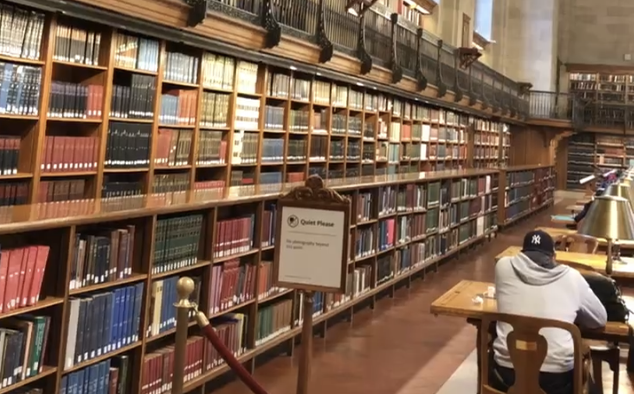
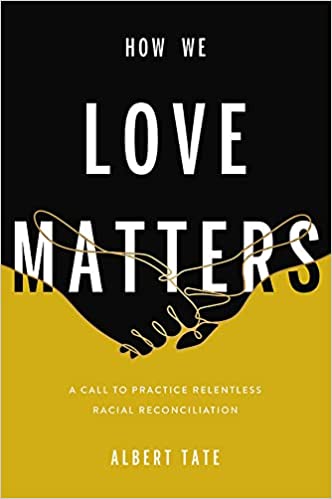
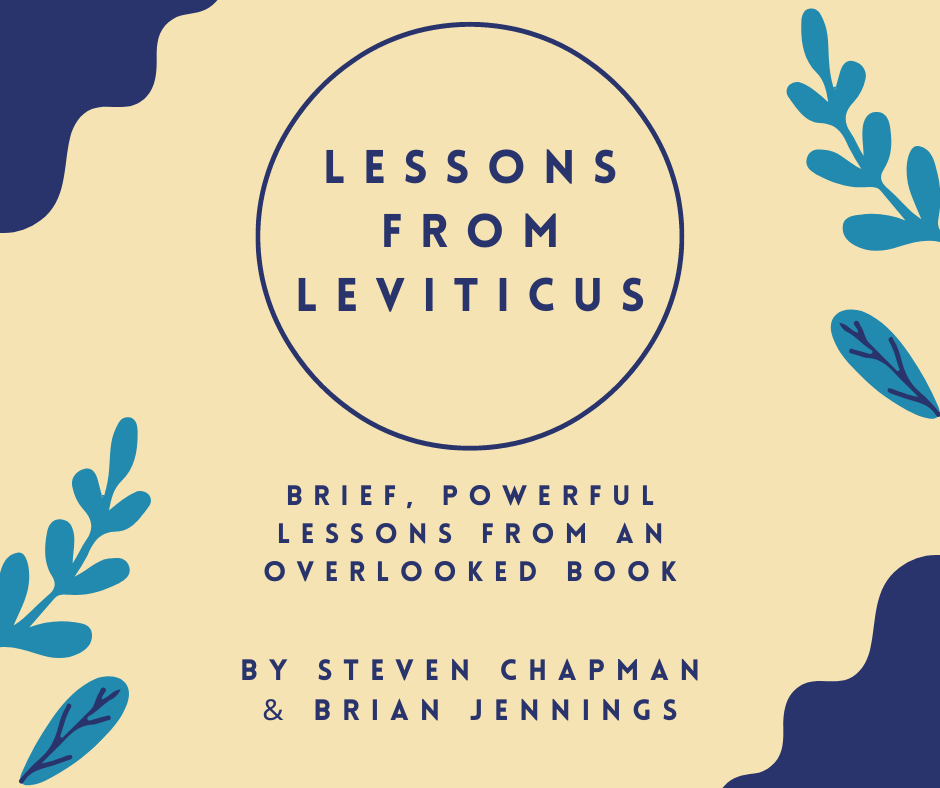

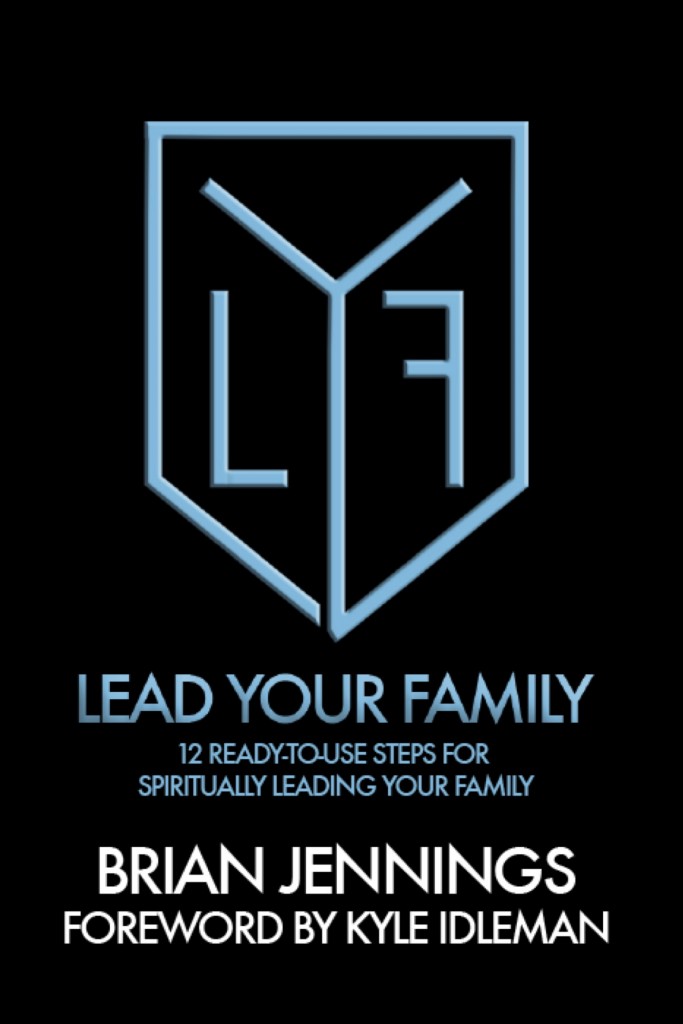

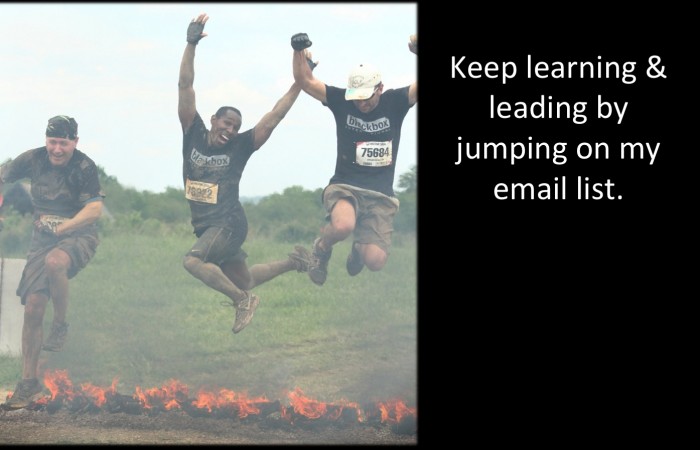
Come on, Brian. Dallas wasn’t that bad. My whole family actually watched it together, so it may have something to do with perspective. I appreciate you, brother! Have an excellent 2023! B2!
OK. If you watched it, I take it all back. ha ha.